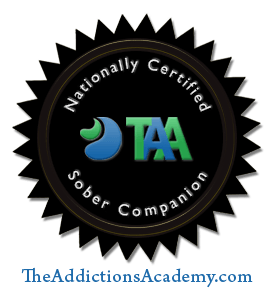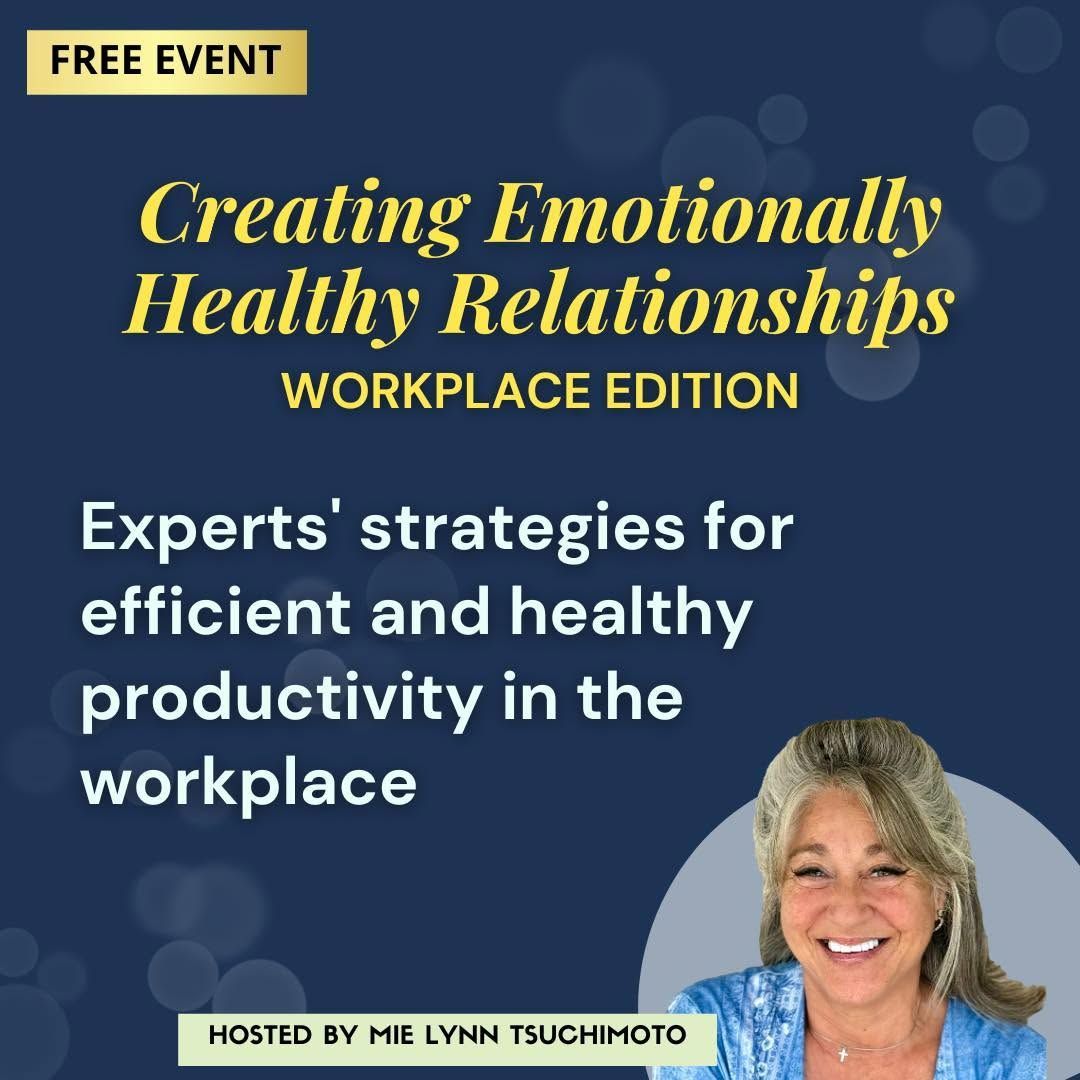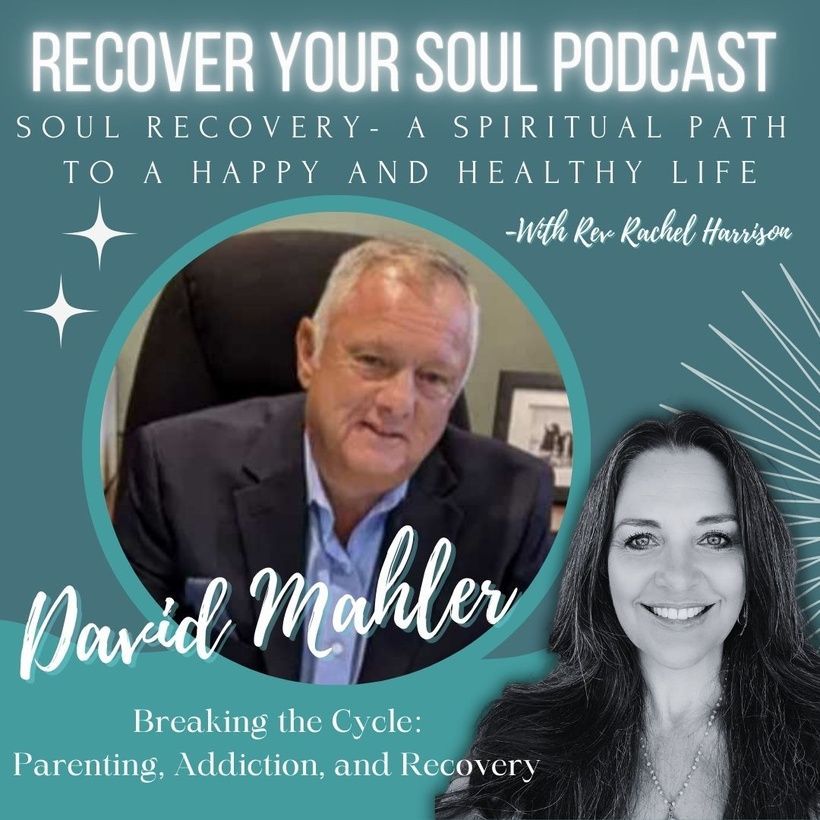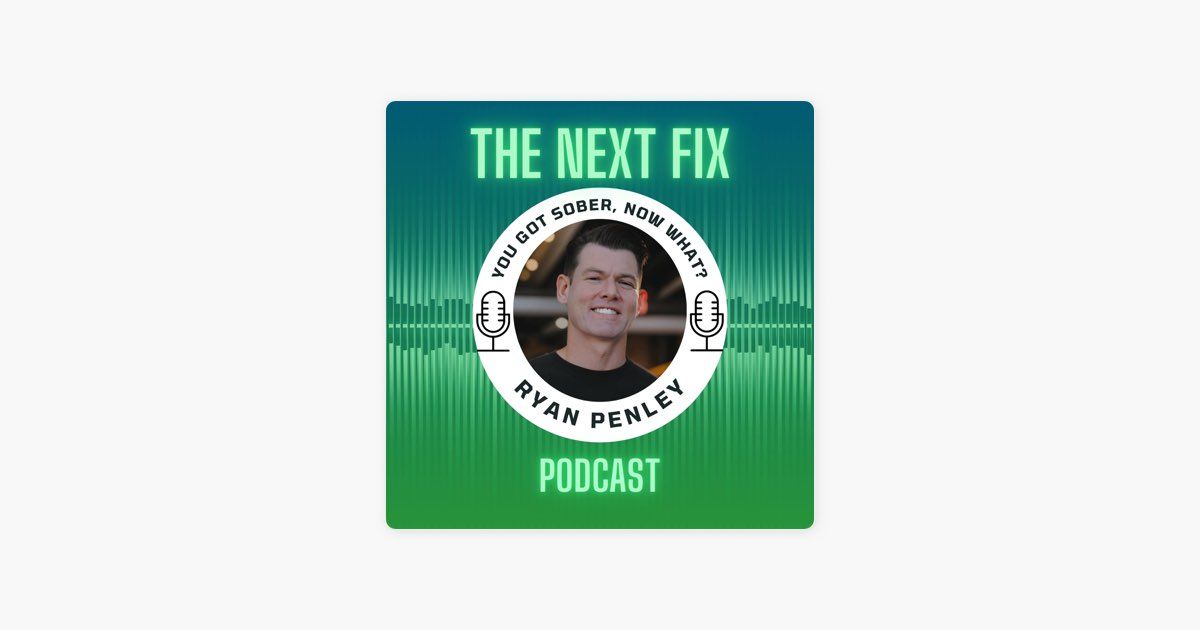Join our mailing list
Subscribe to our email list to receive our latest blog updates and a complimentary half-hour, one-on-one coaching session.
Get a free coaching session
Ground Zero Recovery Coaching offers complimentary one-on-one addiction recovery coaching sessions in person or on Zoom.
This is a great opportunity to connect, learn, and strengthen your recovery journey.
Email
david@groundzerorecoverycoaching.com
or call
347-687-9766 to schedule a session!
Recovery Coaching and Sober Companion Services
Let us choose to believe something good can happen.
Be joyful in hope, patient in affliction, faithful in prayer
Romans 12:12
David Mahler
Board certified addiction recovery coach
CFAA (Certified Facilitator Addiction Awareness - HR)
Overcoming personal challenges and tragedy, David Mahler has transformed his life experiences into a beacon of hope for those struggling with substance use disorder. Raised in Brooklyn without a father figure, he succumbed to the lure of drugs early on, despite maintaining a semblance of normalcy through school and work. His career as a foreign currency broker was marred by the traumatic events of 1993 and 9/11 at the World Trade Center, leading to the impactful name of his practice, "Ground Zero".
It was the battle with substance abuse in his own family, particularly his daughter Dana's struggles, that propelled him into the realm of recovery coaching. After years of supporting Dana through numerous rehabs and embracing his own healing within community groups, he became a certified addiction recovery coach, fueled by his faith and the painful loss of Dana to fentanyl poisoning.
His coaching approach is rooted in building trust and openness with clients, drawing from his extensive experience with both those struggling with substance use disorder and their families. The coach's journey through his own addiction, his career's survival through national tragedy, and his relentless support for his daughter's fight against substance abuse have equipped him with invaluable insights into the recovery process.
He leads a faith-based 12-step recovery group, emphasizing the power of community in healing, a lesson starkly underscored by Dana's absence of support prior to her untimely passing. By sharing his story, he encourages those struggling to reach out and build their own support system, and invites individuals to schedule a free consultation to start their journey toward sobriety.
Hi, I'm David.
It is my belief and experience that you will get more out of your life if you are willing to change. Change is spurred by a feeling that something just isn't quite right, that something could be better, that there's an issue you want to resolve. Communication is an important step in discovering the world around you and finding your place in it.
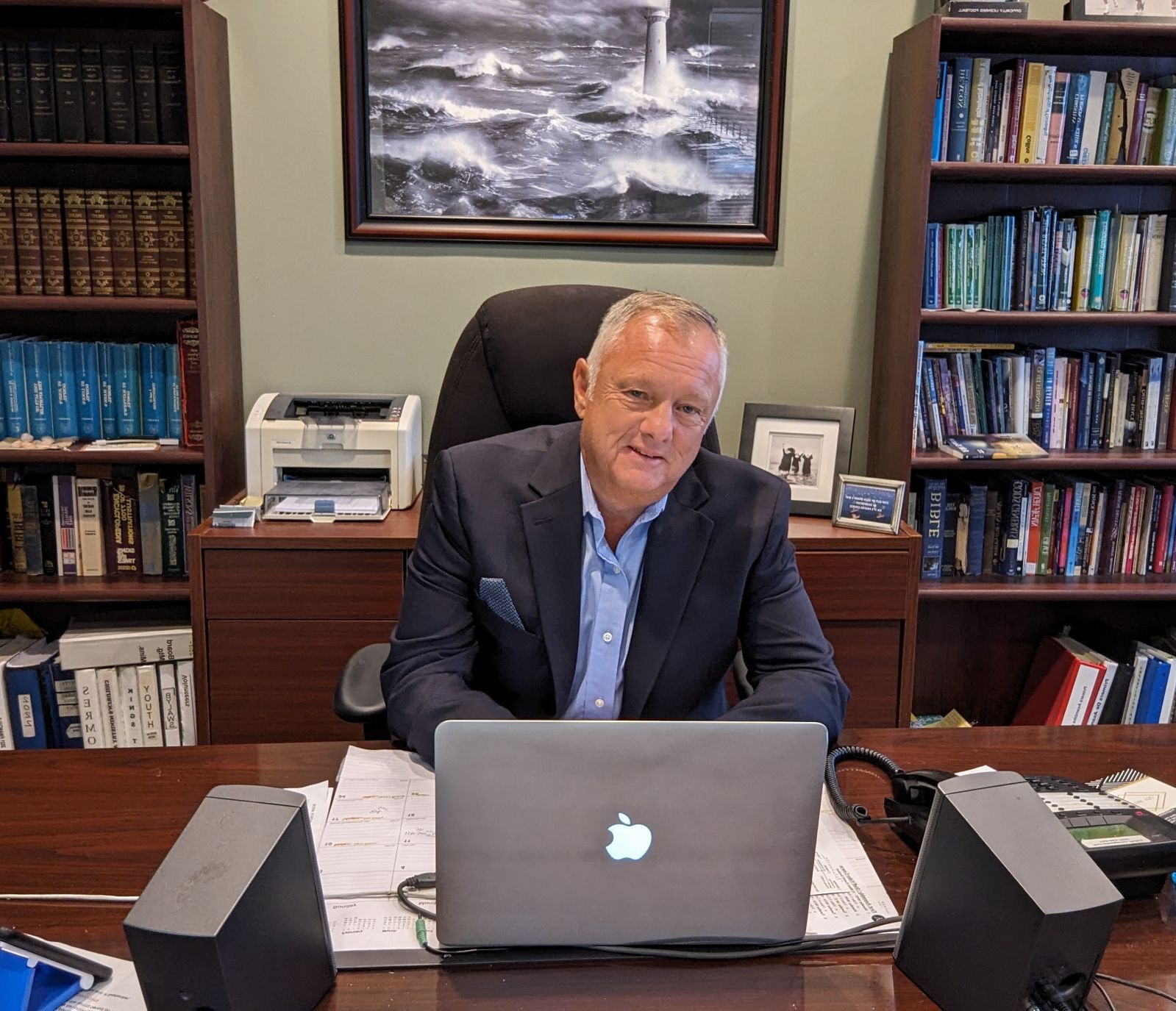
Get Your Copy of David Mahler's Best-Seller
Our Recovery Coaching Services in NYC
My approach to recovery coaching in NYC is both supportive and empathic. I understand that every individual faces a unique journey through substance use or mental health challenges.
My goal is to help you build the tools and structure needed to overcome those challenges—and to support lasting, sustainable recovery.
Providing support and guidance to families impacted by substance or mental health issues.
As your family coach I will assist in developing coping strategies, communication skills and help the family unit create a supportive community.
Integrating principals of faith and spirituality into the recovery process. Providing individuals with a supportive framework rooted in their religious beliefs.
Coaching with an emphasis of faith as a source of strength and resilience.
Educating employees on the dangers of substance abuse, recognizing signs of impairment and promoting a healthy and drug free work environment.
Our aim is to provide tools for prevention, intervention, and support ensuring a safe workplace for all employees.
Offering safe, reliable travel for individuals in recovery, crucial for maintaining sobriety. We provide local and long-distance transport, including flights, with experienced companions. Recognizing travel as a trigger, we ensure a stress-free, discreet, and supportive journey, prioritizing your comfort and safety.
Our companions offer compassionate support, reinforcing treatment skills for a smooth transition to daily life. We're dedicated to safe, supportive transportation, empowering individuals to maintain sobriety and build a strong recovery foundation.
We provide tailored coaching that seamlessly integrates into your busy life. From one-on-one sessions to ongoing relapse prevention, we ensure a discreet and supportive environment for sustainable recovery without compromising your professional commitments, with access to motivational speakers on addiction in NYC for added inspiration and guidance.
Supporting Parents Who’s Child is battling a Substance Use Disorder
Is your child's substance use consuming your life, leaving you overwhelmed by fear and uncertainty?
If you're feeling lost and unsure of the next step, I can provide guidance and support.
Drawing upon my years of training and the valuable lessons learned from my own family's journey, I will assist you in building a comprehensive plan for healing.
It's crucial to understand that when one member of the family grapples with substance use disorder, the entire family system requires support.
This may involve individual therapy, family counseling, or coaching for each member, laying the foundation for long-term recovery.
Together, we'll explore strategies to:
- Releasing control: Letting go of the need to micromanage, fostering a healthier and more authentic relationship.
- Establish healthy boundaries: Protect your emotional well-being and create a safe space for both you and your child.
- Build Trust: Develop an open and honest communication.
- Prioritize self-care: Nurture your own needs, replenishing your energy and resilience.
And more.
Contact me to schedule your free consultation.
Need Help?
Frequently Asked Questions
If you have any further questions regarding addiction recovery,
do not hesitate to
contact Ground Zero Addiction Recovery via phone or email.
Latest blog posts




